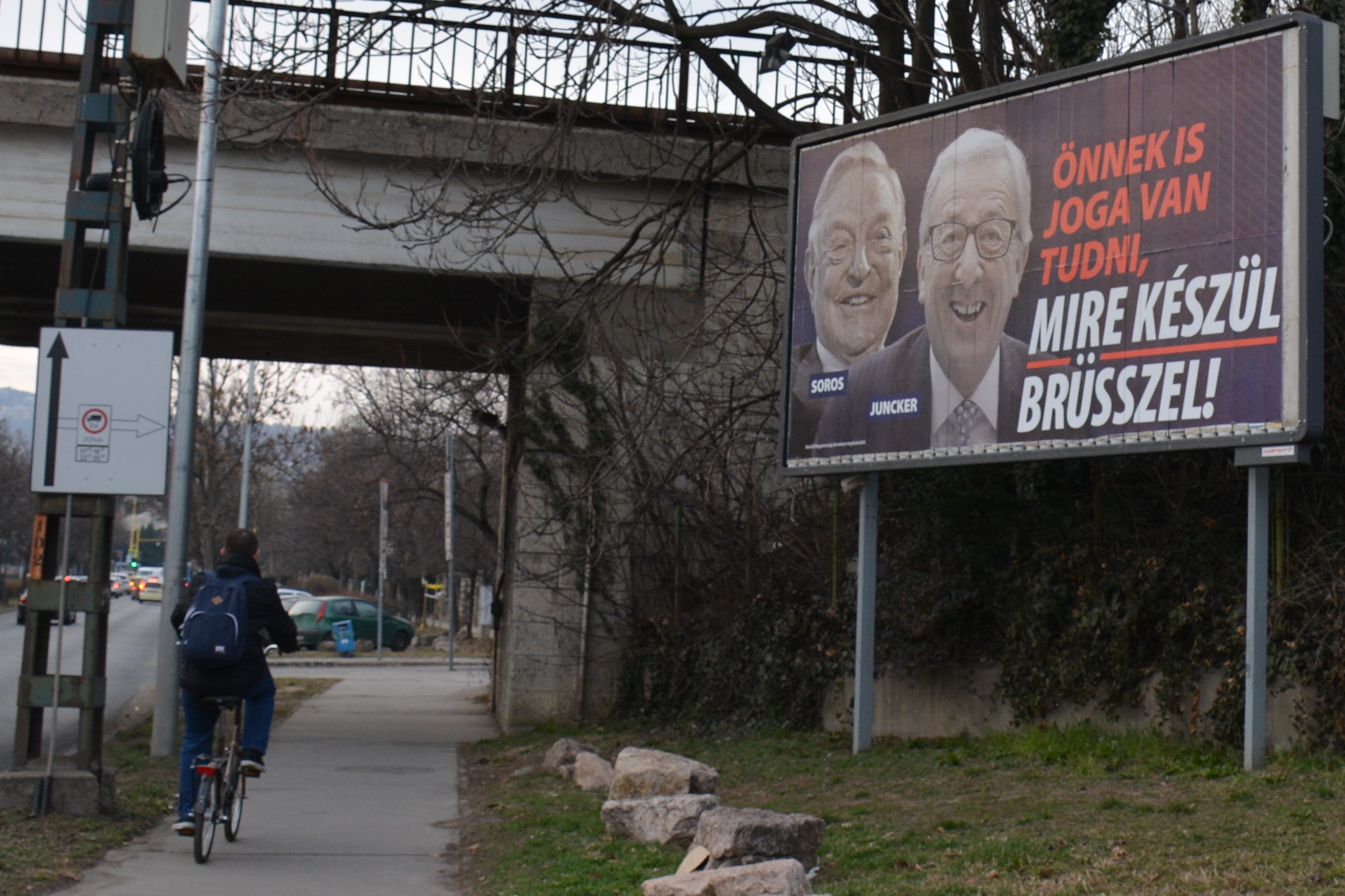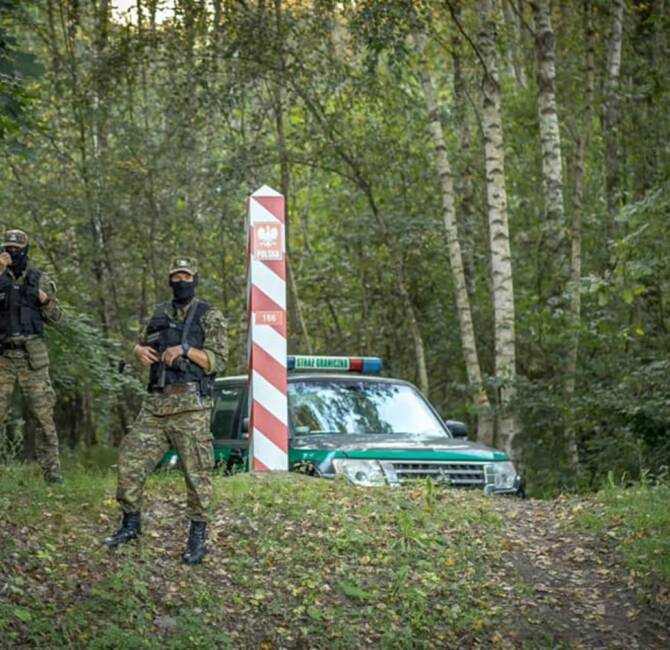Editorial by Paweł Lisicki, editor of the influential Polish conservative weekly Do Rzeczy, published -in Polish- in the 2017, May 22 issue under the title “Kto tu jest solidarny” (Who’s solidary here).
Translated by the Visegrád Post, thanks to Olivier Bault.
One would have thought that the problem of the reception of refugees no longer exists. However, the latest statements by the European Commission show that this is not the case. “Hungary, Poland and Austria are the only countries not to have hosted a single person in the context of the relocation. This is a violation of their commitments to Greece and Italy and to the principle of fair sharing of responsibilities,” the Commission announced a few days ago. The President of the European Council, Donald Tusk, expressed himself even more firmly. According to him, the Polish government shunned European solidarity by not accepting any refugees under the relocation program. The former Polish prime minister went even further, as he threatened Poland with “consequences”. Nobody uses as much the word “solidarity” as the advocates of relocation. If we listen to them, Poland, Hungary and Austria proved to be particularly selfish countries, motivated solely by their narrow interests. Editorialists in favor of the relocation project speak of shame, dishonor and lack of compassion. No less moving are the calls of those who point an accusing finger to Warsaw by claming: how is it possible that the country that gave birth to the Solidarity union can be so deprived of empathy?
Solidarity is when people or states are willing to carry burdens together. But can we really invoke this principle of solidarity for the current immigration policy? Don’t these calls for solidarity hide the desire to make the consequences of one’s own incompetence to be bear by a weaker one? For who, I ask you, is responsible for this stupid policy of open borders to immigrants arriving from the Middle East and North Africa? Who invited these hundreds of thousands of immigrants to Europe? Poles ? Certainly, the vagaries of geography mean that the majority of clandestine immigrants are today in Italy and Greece. Nevertheless, do the Italian and Greek governments really defend themselves against this influx of immigrants? Do the vessels of the Italian Coast Guard return the boats loaded with clandestines? Is the Italian government really fighting against the violations of the law by NGOs which often openly carry out a real operation of transfer of the “refugees” to Europe? Does Brussels show determination in defending European borders?
If all these conditions were respected, if Brussels’s main objective was to protect borders and defend Western civilization, then European political leaders would have the right to demand our solidarity. But this is not the case! The only serious leader whose country was directly exposed to the influx of foreign immigrants and who really sought to protect its borders is the Hungarian Viktor Orbán. And what was the reaction of the European leaders? They accused him of chauvinism, nationalism and xenophobia.
So solidarity is not at stake here. It is about being able to make one’s own mistakes pay to others. It is also a conscious immigration policy aimed at the development of large Muslim minorities in all European states, including Poland. The aim is not to defend our culture, our civilization, but to transform it, to create multicultural societies in all the countries of the European Union. Accepting the relocation of only a few thousand asylum seekers would be the first step towards achieving this goal.
Solidarity is not paying the debts of others or yielding to the strongest. If the Polish government refuses to yield to the pressure from Brussels, it shows that it is seriously dealing with its duty of solidarity. Solidarity with the past generations of Poles and with its own citizens. And also with the Europeans who reject the utopian project of the left and want to preserve what remains of their Christian identity.
Paweł Lisicki




